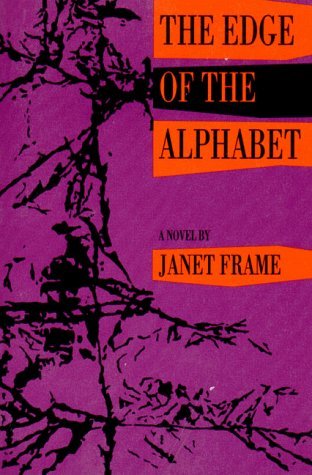What do you think?
Rate this book


303 pages, Paperback
First published December 1, 1962
One day we who live at the edge of the alphabet will find our speech.The book is a fictional manuscript written by one Thora Pattern, who inserts herself now and again amid the story she tells of three persons living ‘on the edge of the alphabet’: Toby, Zoe, and Pat, all of them in their mid to late 30s, that vague period of uncertainty before the sudden urgency of middle age descends. Thora herself lives there, too, at the edge of the alphabet:
where words like plants either grow poisonous tall and hollow about the rusted knives and empty drums of meaning, or, like people exposed to a deathly weather, shed their fleshy confusion and show luminous, knitted with force and permanenceThe three meet on a ship bound for London from New Zealand, where Toby has grown up and now, intent to rise above his epilepsy and despite being haunted by his dead mother, has chosen to strike out on his own, his head full of passion to write his book about the Lost Tribe (‘he felt so strange, as if he were an entire forest, with the Lost Tribe inhabiting him as if his head were a secret gully somewhere up-country, just below the snow line, before the clumps of tussock and snow grass begin to shine in the wind and sun’). Zoe Bryce, the former schoolteacher from the English Midlands, has just completed a working holiday and during her return voyage will experience an event that alters her course, leading her to conduct her ‘private research’ even as she struggles to find meaningful employment. Finally, there is Pat Keenan, the stolid Irishman, forever holding forth on his moralistic opinions about everything and everyone, but who cannot ever seem to ‘come into his own’.
He stood down on the wharf listening to the black people and the white people, side by side and separate yet all warmed by the sun, like stripes in the human shroud hung like an awning over the dead ruined places of understanding.